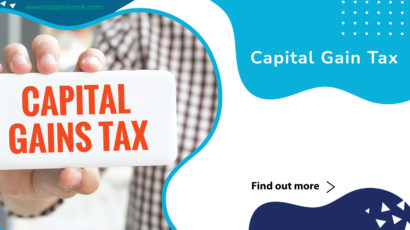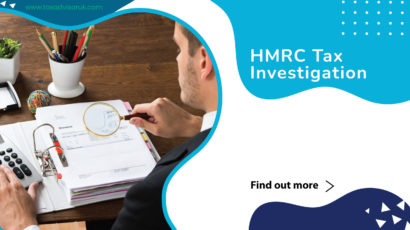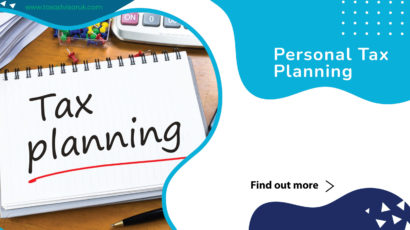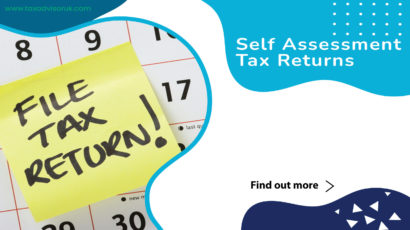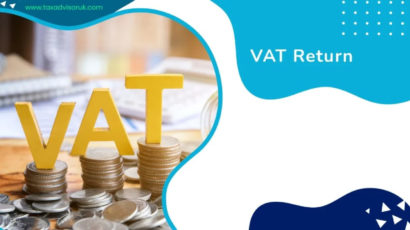Because of the coronavirus outbreak, many individuals are working from home, so determining what can be claimed is especially crucial, and we look at what you might be entitled to in this article.
Because of the coronavirus outbreak, many individuals are working from home, so determining what can be claimed is especially crucial, and we look at what you might be entitled to in this article. As you can see, assessing whether an item is allowed, particularly during the COVID-19 outbreak, can be difficult, and we encourage that you speak with us about it to ensure that you claim everything you are entitled to.
You’ll notice that the restrictions that apply to a firm managed through a limited company differ from those that apply to a lone trader. The decision of whether or not to trade through a corporation has a significant impact on your tax situation and should be taken into account.
Working from home for the self-employed
The general guideline for self-employed people is that they can claim costs that are solely and exclusively related to their business. This means that if you work from home, you may be eligible for a tax break, but it must be limited to personal usage. For expenses like heating, electricity, Council Tax, and mortgage interest or rent, you could often claim a share of your costs.
HM Revenue & Customs (HMRC) will accept a method of cost calculation that is practical, reasonable, and logical, and has proposed that the following elements be considered:
How much of your home – in terms of square footage – is used for business?
What kinds of utilities, such as electricity, have you used in your company?
How long has it been utilised for business?
Alternatively, you can utilise HM Revenue & Customs (HMRC) approved flat rates to compute your use of the house in a more straightforward manner. If you work from home for 25 hours or more each month, you can only use these simplified expenses. Telephone and internet costs are not included in the fixed pricing. By calculating the real costs, you can claim the business share of these expenditures.
We can help you work out which method is most beneficial to you.
Working from home for employees
The treatment of home working expenditures for an employee is determined by whether or not the company pays the employee.
As an employee, you must generally be compelled to work from home under your contract of employment in order to file a claim for relief. Any claims made by an employee should be checked in most situations, and expert counsel should be sought before making any claims. These requirements are loosened for persons who work from home because their employer is closed due to the coronavirus epidemic or because they are following self-isolation guidance.
The good news is that if your employer chooses to compensate you for the extra costs of working from home, these expenditures are frequently tax deductible if the reimbursement is less than £6 per week (£4 prior to April 6th). If the reimbursement is limited to this amount, fewer records are required to justify the expenses. If more than £6 is paid (£4 per week prior to April 6th), HMRC must be consulted, the charges must be justified, and full records must be kept.
Working from home for company owner-managers
When a firm owner-manager works from home, the company cannot make a “use of home” claim because the home is not owned by the company. Similarly, no HMRC-approved flat rate expense may be claimed because corporations do not accept them.
Alternatively, the company may be allowed to reimburse the owner-manager £4 per week or charge the company a rent for the use of the residence.
If the company wishes to make rental payments to the director, the company and the individual should enter into a non-exclusive rental agreement, and the owner-manager must then disclose this rental income on their tax return. They can then claim a part of the applicable expenses on their personal tax return. This can be advantageous if an owner-manager pays rent or has a high mortgage interest payment. Mortgage capital repayments are not eligible for a deduction. In addition, there is a one-time £1,000 property allowance that is not transferable across family members.
Working from home restrictions
When it comes time to sell your house, a claim may have an influence on your tax relief. There are numerous tax reliefs available, which mean that if you live in the property as your primary residence throughout your ownership and have no other residences, you will not have to pay any tax on the gain.
If a portion of your house is utilised only for business reasons, however, this exemption will not apply to the commercial portion of the gain, and you may face a tax bill. The good news is that HMRC’s advice makes it plain that minimal business use is ignored on occasion.
As you can see, there are numerous options and chances for claiming the use of your property, but you must exercise caution to ensure that you keep within the laws and submit the most effective claim possible.
How TaxAdvisor UK can help
At TaxAdvisor UK , our experts will provide you 30 minutes free consultation and help you in managing all your tax and accounting work. Speak to our expert accountants, tax advisor on (0203) 5381276 or fill an online form today. We can have a consultation session over the phone, virtual or face to face meeting and will provide you no obligation fixed quote.




